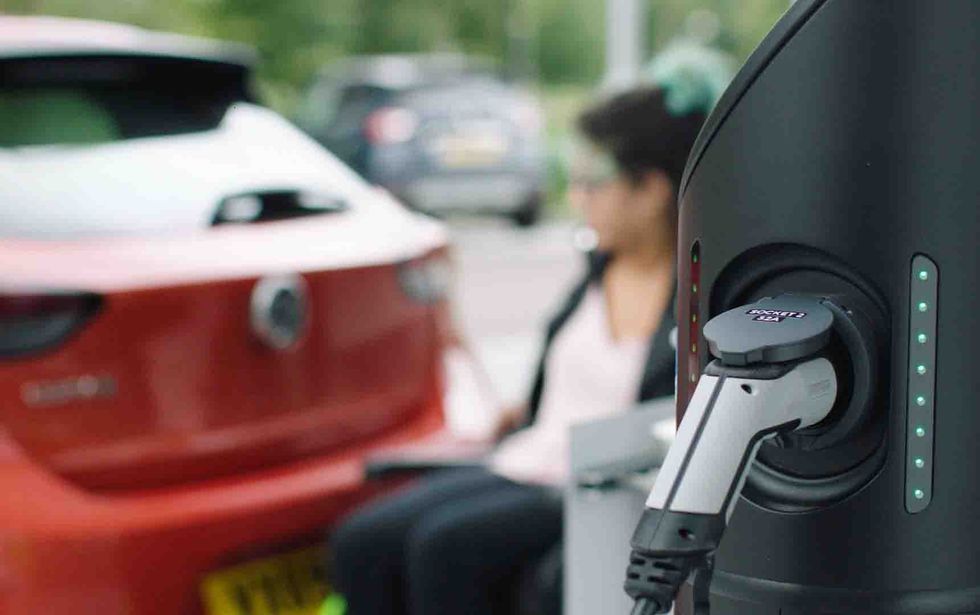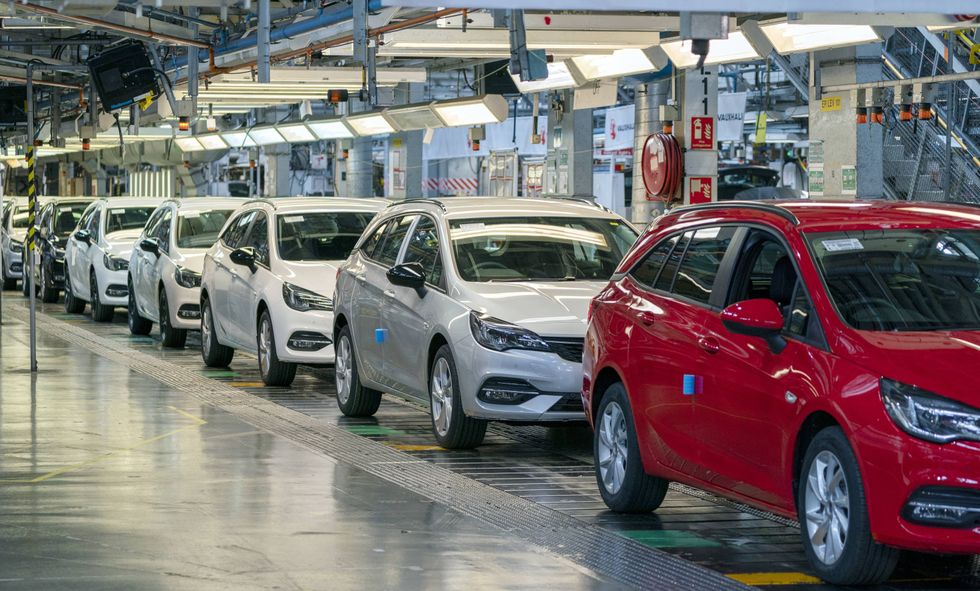Labour has come under fire for failing to deliver an inclusive electric vehicle charging network, which has left thousands at a disadvantage despite the UK being forced to adapt to greener vehicles.
Campaigners have warned that disabled motorists risk being “excluded from the road altogether” unless urgent action is taken.
The independent watchdog Transport Focus has now urged the Government to set out a clear plan for when and how accessible charging infrastructure will be rolled out across England’s motorways and major A-roads.
The group warned that not a single charger on the strategic road network has been accredited under the voluntary standards for accessibility introduced two years ago.
Campaigners stated that this failure risks leaving thousands of disabled drivers behind as the UK progresses with its Zero Emission Vehicle mandate, particularly since many cannot install charging points at home.
The mandate states that no new petrol and diesel car sales can be made by 2030, with at least 28 per cent of sales needing to be electric by the end of this year.
Louise Collins, Director at Transport Focus, said: “Disabled motorists should be able to feel secure in the knowledge that they can easily charge their electric vehicle independently on the country’s motorway network.
“If we don’t tackle this swiftly, then some disabled people could be left behind, unable to drive electric vehicles. The time to act is now.”

The watchdog has called for ministers to make accessibility standards mandatory, to ensure disabled users are not left relying on “patchy provision and inconsistent designs”.
While the Government has committed to a transition to electric cars through its ZEV mandate, disabled EV drivers explained that current facilities have made this difficult.
These barriers include bays being too narrow to exit vehicles, raised kerbs, bollards blocking level access, and chargers placed far away from service station amenities. Some drivers have also reported struggling to handle heavy charging cables and connectors.
Graham Footer, Chief Executive of Disabled Motoring UK, said the lack of infrastructure is forcing disabled people into an impossible position.

LATEST DEVELOPMENTS:
- Demands grow for Rachel Reeves to make changes to speeding fines despite drivers ‘bearing the costs’
- DVSA plans to hike MOT test costs impacting thousands of drivers with higher prices
- Jaguar Land Rover ‘failed to finalise cyber insurance deal’ before attack as UK car production slumps
He added: “We are expecting disabled people to transition to, and use, EVs without a charging infrastructure that supports them. We need a robust plan that meets users’ needs and gives them the confidence to travel in their EV.
“A clearer framework, supported by regulation, would help chargepoint providers prioritise accessibility.”
Even operators in the sector have admitted that a nationwide approach is needed to help remove barriers for EV adoption.
Paul Comer, Director of EV Implementation at Roadchef, shared: “We recognise that a consistent, nationwide approach, supported by a stronger regulatory framework, could help accelerate progress and give customers greater confidence.”

Vicky Edmonds, CEO of EVA England, explained that ensuring a public charging system is accessible is “essential if we are to bring everyone with us on the transition to electric driving”.
She commented: “With the charging network growing at an accelerated pace, it is vital that the Government publish its revised accessibility standards – which will make delivering accessible charge points easier – as soon as possible, and that these standards are mandated in legislation.
Ms Edmonds stated that all drivers should be able to choose an electric car with confidence without fear of accessibility issues.
“They should be able to use the charging system wherever and whenever they need to,” she added.
Our Standards:
The GB News Editorial Charter







Follow